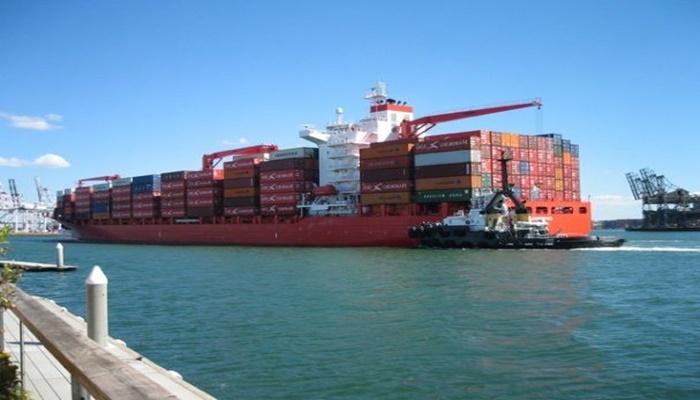
A new report by Fitch Ratings has predicted that world outlook for shipping in 2020 may be negative.
The rating agency noted that several factors would be responsible for the situation, listing the major ones as; slowing global economic growth, trade tensions and geopolitical risks that will lead to subdued demand growth in global shipping in the year.
“The main sector risk is that protectionist measures may escalate into a protracted trade war and damage the prospects for global trade and GDP growth. While some upside is possible if the trade tensions between the U.S. and China ease, the downside risks, including expected slower GDP growth in China, soft trade growth and Brexit uncertainty, will continue to weigh on demand,” Fitch said.
This comes as demand for Very Large Crude Carrier (VLCC) fleet grew at a staggering rate of eight per cent year-to-date in November. The 65 VLCCs delivered in the first 11 months of 2019, will mark the highest number of deliveries since 1976.
Previous record in the last four decades was set in 2011, which saw the delivery of 62 VLCCs. With a month left of 2019, the record from 2011 is set to be broken by a fair margin with another four VLCCs scheduled for delivery in the final weeks of 2019. The all-time record remains the 116 VLCCs delivered in 1974.
The Fitch Ratings report said further pressure on the global shipping sector is expected from rising costs related to the International Maritime Organisation (IMO) 2020 Sulphur Cap, which is likely to negatively affect shippers’ credit metrics.
Spikes are anticipated for operating costs (if shippers choose to use more expensive low-sulphur fuel) and/or CAPEX (if they install scrubbers that remove sulphur from the exhaust or purchase new LNG-fuelled vessels), it stated.
“We expect most shipping companies to use low-sulfur fuel,” Fitch added.
The rating agency believes shippers are unlikely to fully pass through all the associated costs to customers due to their limited bargaining power in the oversupplied market.
Fitch Ratings forecasts global container volumes to grow by about 2.5 per cent in 2020. While this represents a small increase from 2019, it is well below the average growth rate of about 4.5 per cent over the past eight years.
It expected dry-bulk trading volumes to grow by three per cent in 2020, up by more than 1.5 per cent on 2019, due to higher iron ore and other commodities volumes. Global tankers’ supply and demand are likely to grow by 2.5 per cent and 3.5 per cent, respectively, in 2020, supporting a better supply-demand balance.
This, in the view of the report, will help freight rates to stay at levels comparable to annual averages in 2019, which represents a recovery from their troughs in the middle of 2018.






